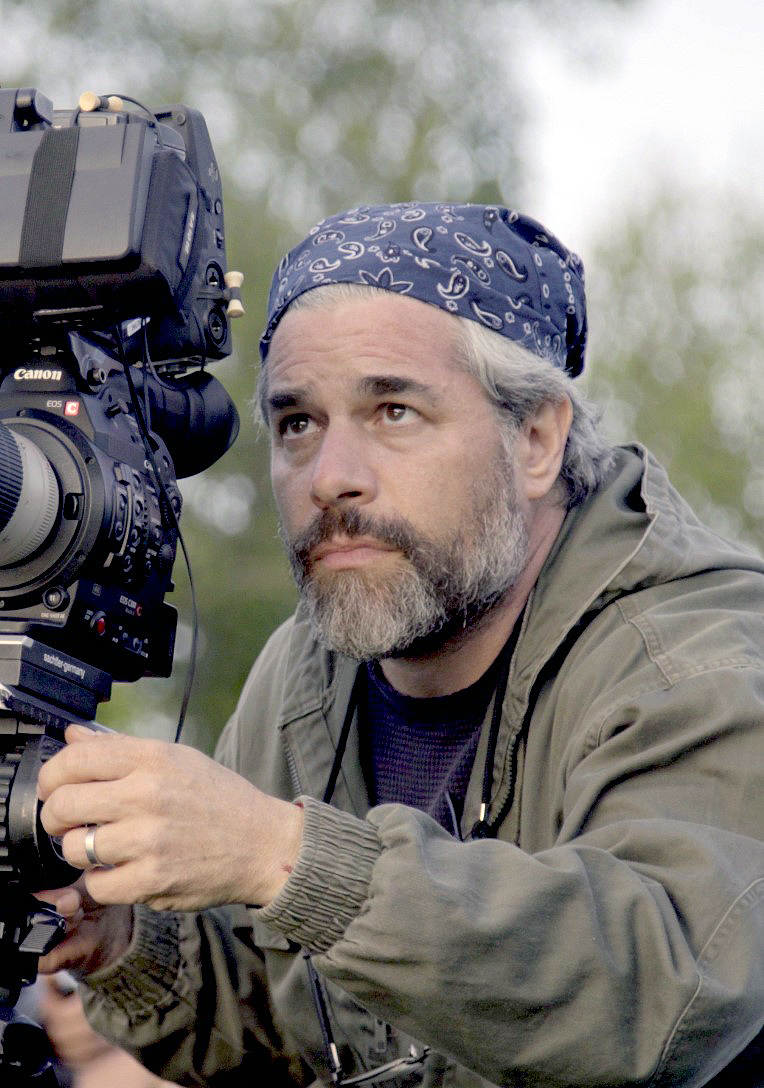
29 Apr Mountainfilm: Ross Kauffman Returns with “Tigerland”
The line-up for the 41st annual gathering of the tribe in Telluride over Memorial Weekend features guest director Cheryl Strayed, plus speakers Sir Chris Bonington, local Hilaree Nelson, Erin Parisi and Obama top aide Ben Rhodes. (More on that program here .)
Volunteer FAQ. Apply to volunteer here.
Passes/tickets to the 41st annual Mountainfilm are selling out.
Oscar-winning director Ross Kauffman returns to Mountainfilm with his latest project, “Tigerland.” Scroll down to listen to our conversation about his life and work.
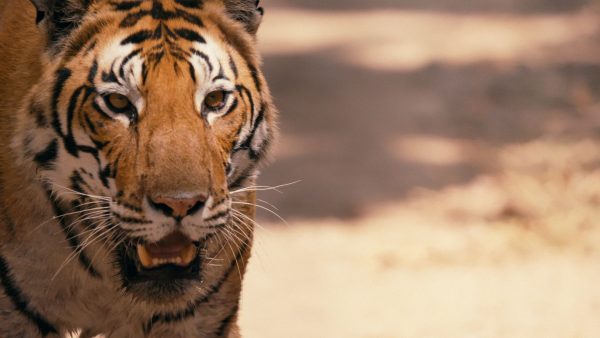

Tyger Tyger, burning bright,
In the forests of the night;
What immortal hand or eye,
Could frame thy fearful symmetry?…
(By William Blake)
In 2005, the doc he made with Zana Briski, “Born Into Brothels,” about the children of prostitutes given cameras to document their lives on the streets of one of the world’s poorest cities, won an Oscar for Best Documentary Feature (plus over 40 other awards).
Now director Ross Kauffman returns with a film that gives new meaning to the idea of biting the hand that feeds you. “Tigerland” is one of the documentaries featured at the 41st Mountainfilm.
“…Kauffman has crafted an enjoyable armchair adventure that juggles the archival imagery, engaging present-day personalities and glimpses of the magnificent creatures themselves at a leisurely yet absorbing pace. One of the most attractive elements in this well-turned package are some handsome animation sequences by Daniel Sousa,” Variety summed up.
We found Variety’s review on the money. Add to that the fact that more and more species on the planet are on the verge of extinction, a consequence of climate change, and Kauffman’s “Tigerland” becomes a meta for the need for preservation in general. The subtext? To effect change, perhaps we all need to be as obsessed as his protagonists.
“Tigerland,” (running time 97 minutes), tells the stories of two remarkable men, born a generation (50 years) and a world apart: Kailash Sankhala, a self-described “tiger addict” in India, who died in 1994, and the charismatic Pavel Fomenko, a Russian bear of a man who nearly died, attacked by one of the creatures he was trying to save. Completely obsessed by their calling, both men worked in two of the last places on earth where tigers still live, India and the Russian Far East, on a mission to save the beloved, often misunderstood majestic creatures.
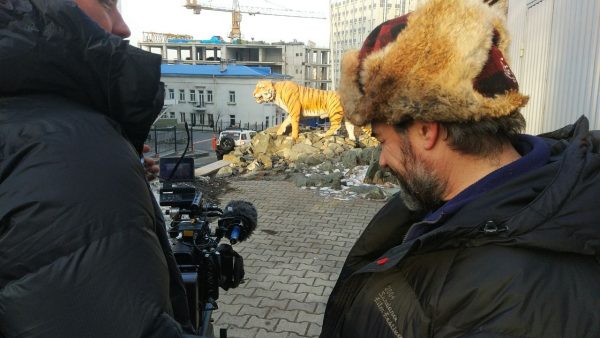
The Fomenko incident occurs towards the end of the film, but underlines a subtext of Kauffman’s story: Nature is, as Tennyson once upon a time noted, “red in tooth and claw.”
But that is true on both sides of the equation, the trope summarizing (in the Darwinist lexicon) as it does so well and succinctly the behavior of all living things. Yes the tiger is, as Fomenko says, a “beautiful killing machine,” but the same could easily be said about humans.
As “Tigerland” explains, one of the earth’s most majestic, powerful and awe-inspiring creatures has struggled and continues to struggle to survive against the onslaught of man. The list of our species’ transgressions is endless.
To wit, the tiger population has declined 96% over the last one hundred years due to diminished habitats, poaching and human-tiger conflict. A century ago there were 100,000 tigers roaming the planet; today, fewer than 4,000 remain in the wild.
Once a sacred and feared animal in traditional Indian culture, the colonial British in the 19th and the first half of the 20th centuries were avid about tiger hunting as a sport. Even after the British occupation ended in 1947, tigers continued to be hunted for tourist sport, to the point where Sankhala estimated in 1969 that fewer than 2,000 were left in India.
Later in the 20th century, the species was still at risk because it had become a black-market commodity in places like China: tiger body parts are considered to have healing properties in Eastern medical traditions.
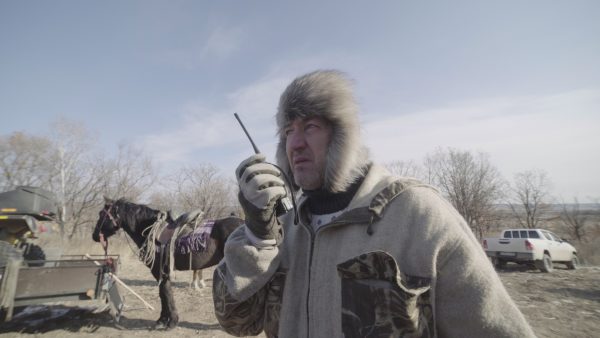

 For the last two decades, working with the World Wildlife Fund, Fomenko has been tireless in his efforts to save the Amur (“Siberian”) tiger in the Russian Far East, where a thriving population dating back centuries has also been reduced to a critical mass of just over 500 due to a rise in illegal poaching since the USSR broke apart in 1989. A life-long hunter in his Russian homeland, Fomenko explains how, “only a hunter understands how much he is losing from losing the wild nature. One day he returns and the forest is no longer there.”
For the last two decades, working with the World Wildlife Fund, Fomenko has been tireless in his efforts to save the Amur (“Siberian”) tiger in the Russian Far East, where a thriving population dating back centuries has also been reduced to a critical mass of just over 500 due to a rise in illegal poaching since the USSR broke apart in 1989. A life-long hunter in his Russian homeland, Fomenko explains how, “only a hunter understands how much he is losing from losing the wild nature. One day he returns and the forest is no longer there.”
A look over our shoulders at history reveals the well-documented story of tigers in ancient cultures. The, animal, once revered as a god, appears in ancient cave paintings, as well as in art work from China, Japan, and the Middle East.
The tiger is also part of pop culture as a quick montage reveals: Shere Khan in “The Jungle Book”; Kelloggs’ mascot Tony the Tiger; Winnie the Pooh’s buddy Tigger; and Katy Perry’s “Roar.” A person described as a “tiger” is someone who always goes after what she or he wants no matter what.
“…Kauffman hauntingly explores the animal as a cultural symbol across the world. Indeed, the mythical properties associated with it may even have led to increased threats to its existence,” wrote Vulture.
“…together, the stories in “Tigerland” show not just the efforts to keep a beautiful animal alive, but demonstrate the power of individuals to change the world,” wrote Movie Cricket.
Hear me roar.
Ross Kauffman, more:
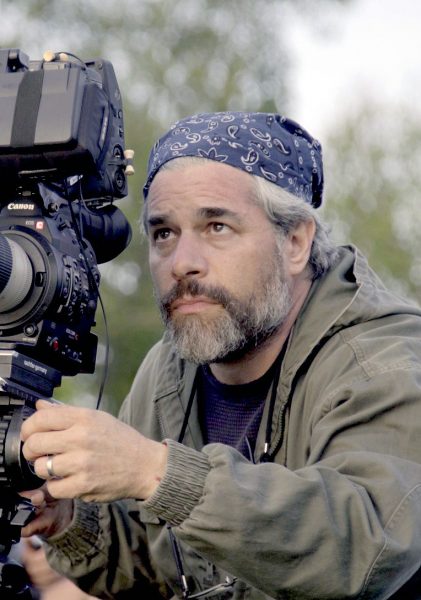
Ross Kauffman is the Academy Award-winning director, producer, cinematographer and co-editor of Born Into Brothels, which won the Oscar® for Best Documentary 2005 as well as the Emmy for Best Documentary 2005. With Katy Chevigny, Ross co-directed “E-Team,” an award-winning NetFlix feature documentary about Human Rights Watch emergency investigators. In fact “E-Team” won the Student Choice Award at MF in 2014. Ross executive-produced “In A Dream” (directed by Jeremiah Zagar), which was short listed for an Academy Award and was a producer of Academy Award-nominated “Postergirl.”


Sorry, the comment form is closed at this time.